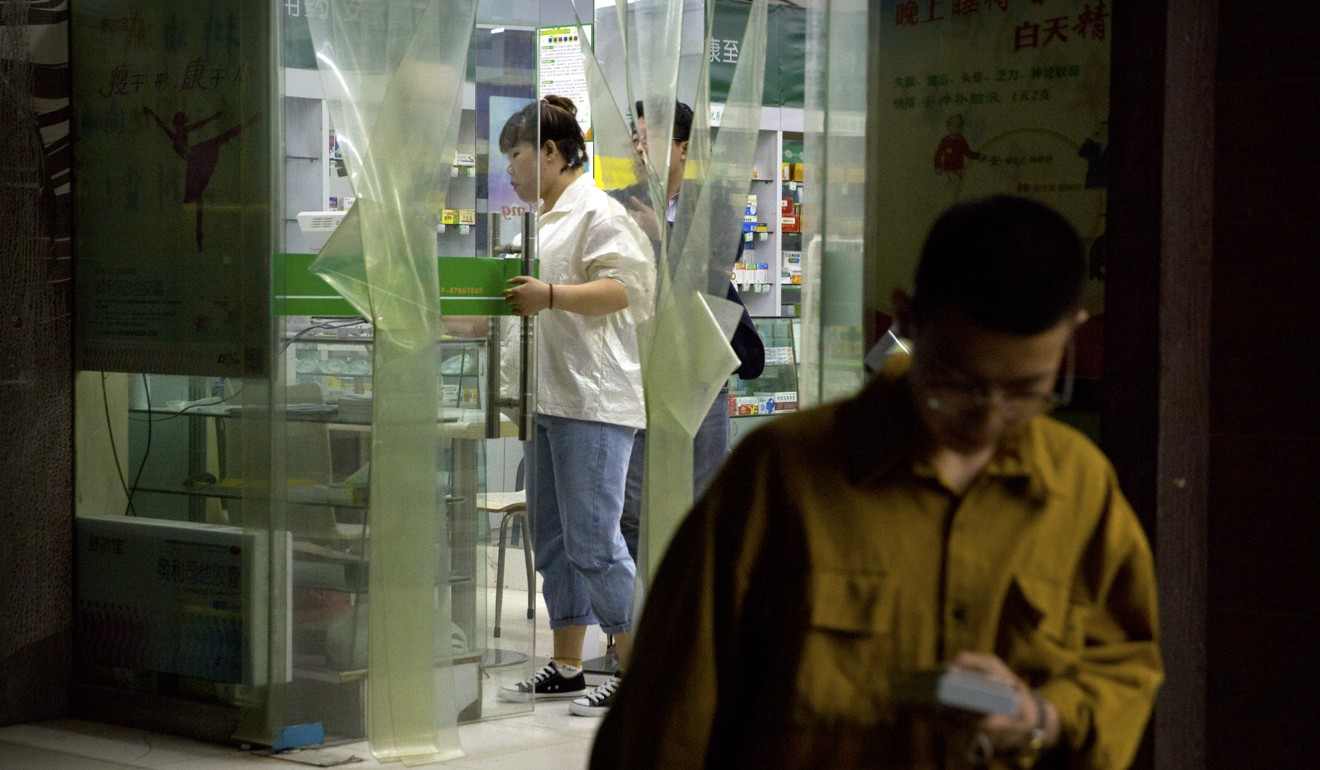
China’s plan to slash health care costs sees global pharmaceutical firms crowded out of market
- Manufacturers having to adjust to a new normal in China, which was once a lucrative market for their off-patent medications
- Latest bidding round sees Bayer cut the price of its diabetes drug acarbose by 80 per cent
Among 33 commonly used medicines in a bidding exercise on Friday, some moneymakers for global pharmaceutical companies had the deepest cuts, with the biggest one being as high as 93 per cent as shown in a government-funded medical procurement website.
Bayer’s diabetes drug acarbose had its price slashed by 80 per cent, said Zhang Jialin, a health care analyst at ICBC International.
Some other drugs in the group that included therapies for hypertension, dementia and viral infections saw prices drop more than 60 per cent in the bidding, Zhang said.

While the official results of the bidding exercise have not been released, information circulated on the internet citing company representatives present at the bidding process.
China is doubling down on its efforts to radically overhaul its health care system by driving down prices of off-patent drugs to free up state funds for novel, cutting edge therapies. The campaign is putting pressure on profit margins for both foreign and domestic manufacturers.
The late-2018 pilot had seen prices plunge by more than half as cheaper generic drug makers undercut their global peers. Its success emboldened Beijing to expand the programme nationwide last year and then initiate a second round of supply contracts for its public hospitals.
“Overall the price fall this time is deeper than the first round,” Zhang said. “Most of the originators are out in this round so the takeaway is that the exercise will gradually phase out originators and replace them with domestic companies,” he said, referring to the Western pharmaceutical companies that discovered and developed the drugs.
New Chinese Alzheimer’s drug goes on sale to patients
Global manufacturers are having to adjust to a new normal in China, which was once a lucrative market for their off-patent medications. In the previous round, this has resulted in prices of well-known medicines like Pfizer’s cholesterol pill Lipitor dropping as much as 74 per cent below what they priced previously in China.
In a new feature, the government has this time added a price ceiling for each drug. The price caps were as much as 95 per cent below current prices in China, according to estimates by ICBC International.
In some aspects, China has softened the rules of the exercise. As many as six firms could be chosen to supply 80 per cent of the national demand for the drug under bidding, up from three in the last round.
If fewer winners are chosen for a drug, the market share awarded to the winning drug makers will be reduced to avoid concentration risks. For instance, if only one drug maker wins a contract, it will get just 50 per cent of that drug’s total demand.
China plans to close pharmaceutical price gap with bulk-buying power
A trial in late 2018 in which 25 drugs were procured for 11 Chinese cities – mostly from local generic drug makers – saved the Asian nation 5.8 billion yuan (US$844.6 million) as prices more than halved on average. The government has since expanded the programme nationwide, pushing prices down by another 25 per cent.
The pharmaceutical sector is reeling: Chinese drug makers issued a flood of profit warnings last year, while their global counterparts such as AstraZeneca and Sanofi cited the procurement plan as a damper for earnings.
Foreign pharmaceutical giants are pivoting toward innovative treatments to make up for the tumbling sales of their off-patent drugs after local rivals undercut them on pricing.
“The game is over for foreign pharmaceuticals looking to make money from drugs with expired patents,” Zhang said.
“They have to keep bringing in new therapies to China to offset the price cuts on older drugs.”

